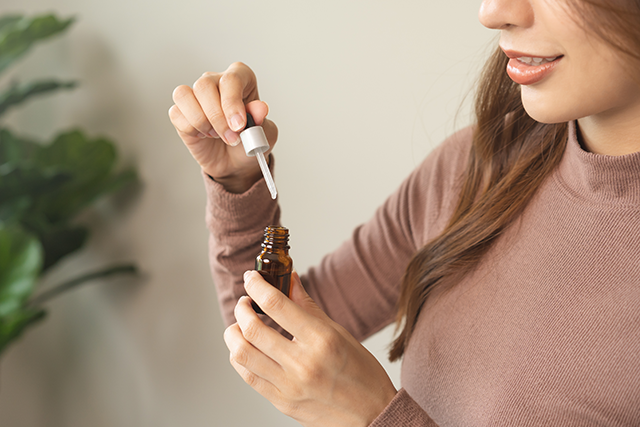Subcutaneous Immunotherapy (SCIT)
Subcutaneous immunotherapy (SCIT), also known as allergy shots, is a medical treatment for allergic conditions.
It is a form of immunotherapy that involves injecting small amounts of allergens under the skin to stimulate the immune system and desensitize the individual to specific allergens over time.
- Identification of Allergens: First, an allergist identifies the specific allergens to which the individual is allergic. These could include pollen, dust mites, pet dander, or insect venom.
- Customized Allergen Extract: A customized allergen extract is prepared based on the identified allergens. This extract contains small, controlled amounts of the allergens that trigger the individual's allergic reactions.
- Injection Process: The allergen extract is then injected under the skin, typically in the upper arm. The injections are initially given with a low dose and gradually increased over time.
- Desensitization: The goal of subcutaneous immunotherapy is to desensitize the immune system to the specific allergens. As the doses increase, the body's immune response changes, leading to a reduced sensitivity to the allergens.
- Regular Administration: Allergy shots are usually administered on a regular schedule, often weekly at first and then gradually spaced out as tolerance develops. The entire course of treatment can span several months to years.

Subcutaneous immunotherapy involves administering allergen extracts beneath the skin to desensitize individuals to specific allergens, offering a long-term solution for managing allergic conditions.
It's important to note that sublingual immunotherapy should only be undertaken under the guidance and supervision of a qualified healthcare professional, as they can determine the appropriate allergens, dosage, and monitor the patient for any potential adverse reactions.It's important to note that subcutaneous immunotherapy should be administered under the supervision of a qualified healthcare professional, usually an allergist, due to the potential for allergic reactions during the treatment.
5. Regular Administration: Allergy shots are usually administered on a regular schedule, often weekly at first and then gradually spaced out as tolerance develops. The entire course of treatment can span several months to years.

Sublingual immunotherapy involves placing allergen extracts under the tongue to desensitize the immune system and treat allergies such as hay fever.
Sublingual Immunotherapy (SLIT)
Sublingual immunotherapy (SLIT) is a medical treatment for allergies that involves administering allergens under the tongue.
. It is a form of immunotherapy, which is a treatment that aims to desensitize the immune system to specific allergens, ultimately reducing allergic reactions. Here's how sublingual immunotherapy typically works:
- Allergen Extracts: A patient is given small amounts of allergen extracts that trigger their allergic reactions. These extracts may include pollen, dust mites, pet dander, or other allergens specific to the individual's allergies.
- Under the Tongue Administration: Instead of traditional allergy shots (subcutaneous immunotherapy), which are injected under the skin, sublingual immunotherapy involves placing the allergen extracts under the tongue. The patient holds the solution under the tongue for a specific amount of time, allowing the allergens to be absorbed through the mucous membranes.
- Desensitization: Over time, regular exposure to small amounts of allergens is believed to induce immune tolerance. This means that the immune system becomes less reactive to the allergens, leading to a reduction in allergy symptoms.
- Sublingual immunotherapy is often used to treat allergic rhinitis (hay fever) and allergic asthma caused by environmental allergens. It is generally considered a convenient alternative to traditional allergy shots, as it can be administered at home without the need for injections.
It's important to note that sublingual immunotherapy should only be undertaken under the guidance and supervision of a qualified healthcare professional, as they can determine the appropriate allergens, dosage, and monitor the patient for any potential adverse reactions.It's important to note that subcutaneous immunotherapy should be administered under the supervision of a qualified healthcare professional, usually an allergist, due to the potential for allergic reactions during the treatment.
5. Regular Administration: Allergy shots are usually administered on a regular schedule, often weekly at first and then gradually spaced out as tolerance develops. The entire course of treatment can span several months to years.

